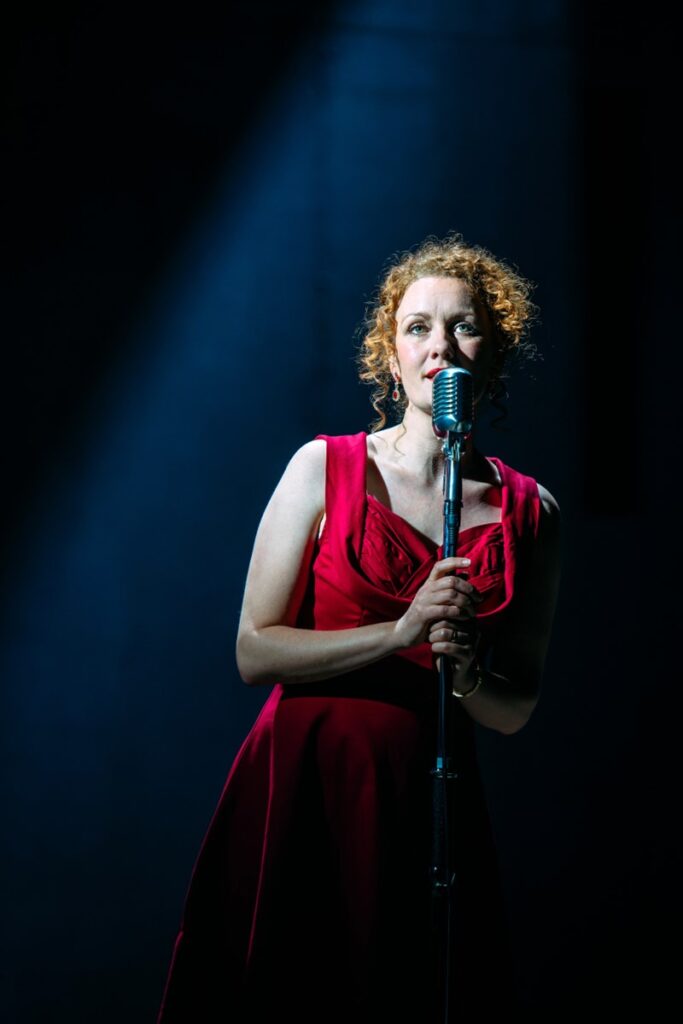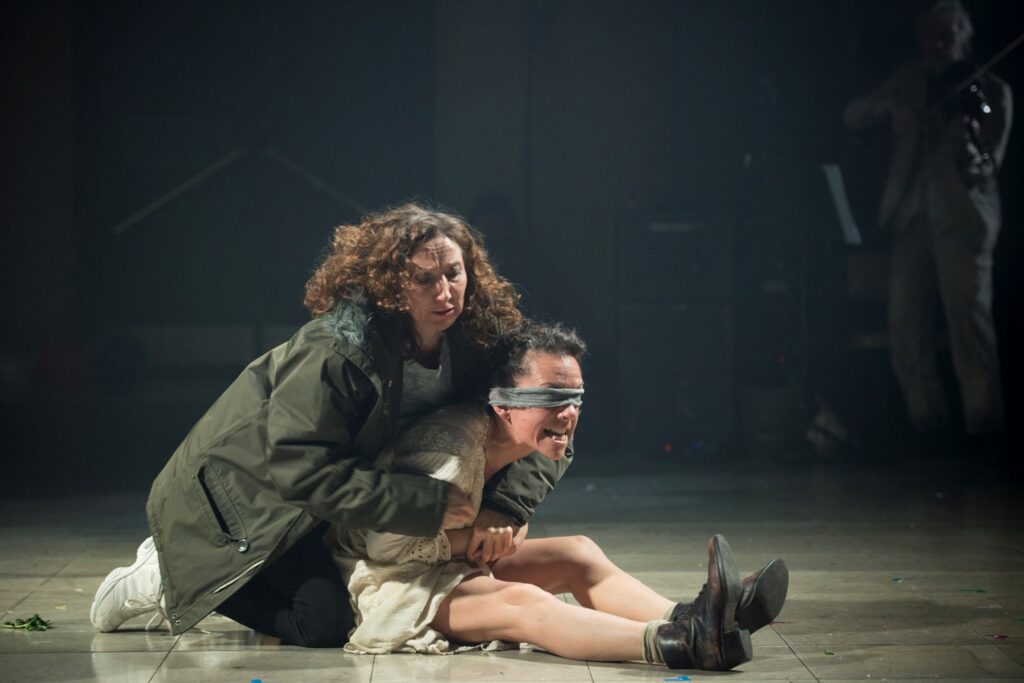An Undoing: feminist plays for the modern age
Miss Julie, Clytemnestra, Lady Macbeth – iconic women in theatre that have become larger-than-life representations of wildness, evil, and ruthless ambition. But do the stories that have been told about them reflect who they really are?
Zinnie Harris – playwright, director, Associate Artistic Director of the Lyceum Theatre in Edinburgh, and Professor in the School of English – has asked this question, and more. Through her original works and retelling of classic plays, she explores how telling stories from women’s perspectives can change the way that audiences understand popular narratives. Revisiting well-known plays provides the specific ability to reexamine famous characters in contemporary ways, asking the question: how has male-dominated storytelling influenced understandings – and misunderstandings – of women in society?
Harris’ work is expansive and has been met with critical acclaim, from How to Hold Your Breath(2015), exploring morality and migration in a dystopian Europe, to This Restless House(2017), her adaptation of Aeschylus’ Oresteia. In the original text, Clytemnestra murders her husband as he returns from war, seemingly in an act of cold blood. However, frequently unacknowledged is the context of this murder: Clytemnestra is coping with the sacrifice of her son for a war she opposed, as well as her absent husband’s entitlement to her and to the ruling of her country. In This Restless House, Harris reconsiders Clytemnestra’s violence from a place of grief and rage rather than pure evil, humanising the character and allowing audiences to see her in a different light.
Following from this theme of revisiting misunderstood women is Harris’ latest work: Macbeth (an undoing), a retelling of the iconic Shakespeare that gives new voice to the women of the play. Lady Macbeth, naturally, features at the centre of the work, considered by Harris to be the “ultimate misunderstood dramatic creation.” In Shakespeare’s Macbeth, she is initially scheming and relentless in the face of Macbeth’s doubts. However, contrary to her established character, she becomes fragmented and lost in later scenes, eventually exiting the play through an offstage suicide. Harris wanted to question this lack of cohesion, asking what a more multifaceted and human Lady Macbeth could offer to the story of Macbeth – and interpretations of the play itself.
As such, Macbeth (an undoing) is not only a retelling of Lady Macbeth’s narrative, but a wider exploration of how male-dominated storytelling has created tropes of women that remain pervasive into the modern day. Through the characters of Lady Macduff and the Witches, Harris examines tropes of victimised and marginalised women, giving the characters agency and a voice of their own that they were missing in the original text. These characters breathe new life into famous scenes and quotes, indicating to audiences how perceptions of people can influence perceptions of wider narratives as a whole.
Macbeth (an undoing) opened at the Lyceum Theatre in Edinburgh in February of 2023 to very receptive audiences. With the sense of an appetite for stories like these, the production is currently looking ahead to runs in New York City and Melbourne in 2024. From overseeing these productions, to developing new plays, including a new production of her version of The Duchess of Malfi, Harris will continue to uplift feminist perspectives and tell contemporary stories to audiences around the world.

